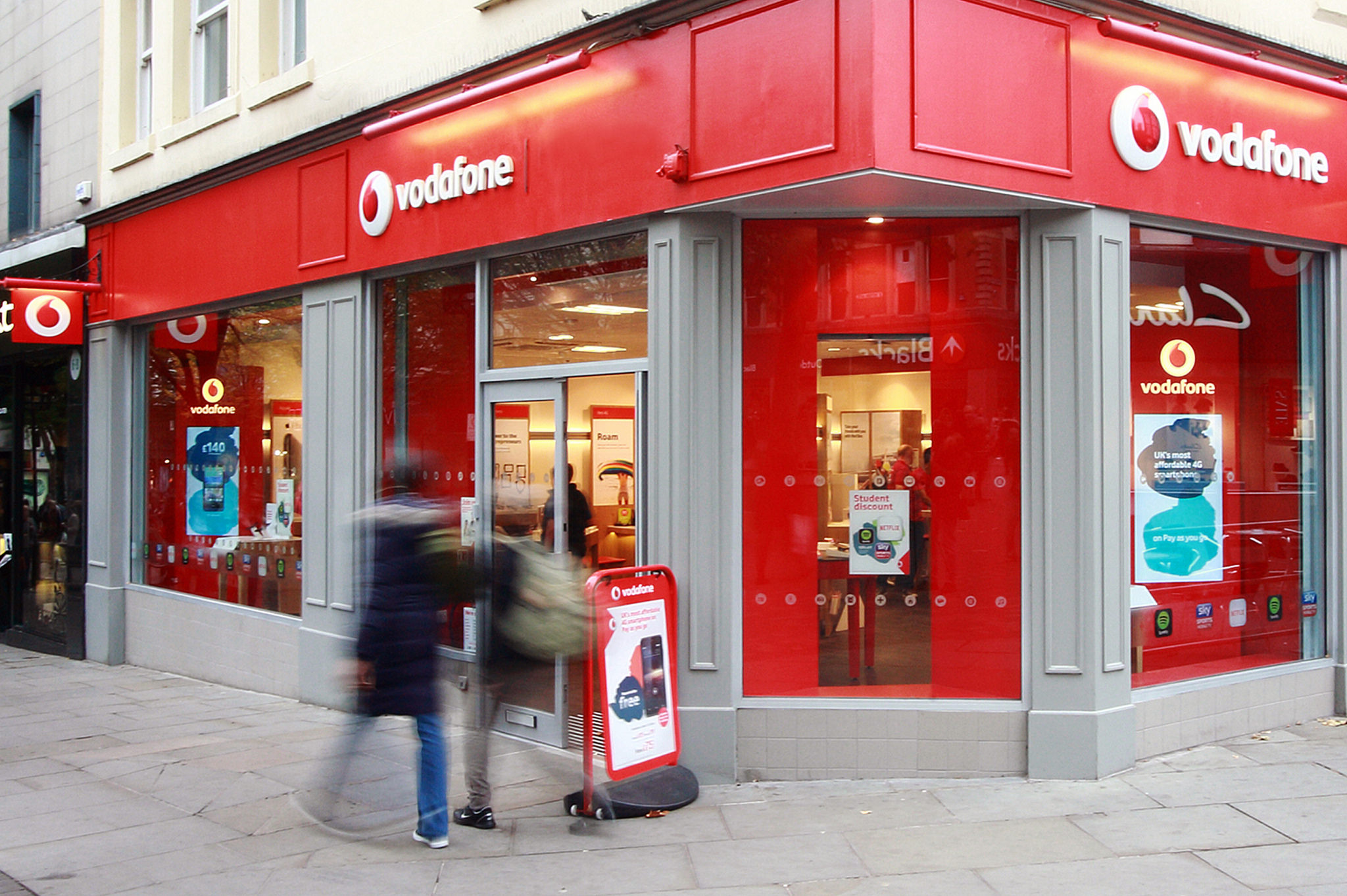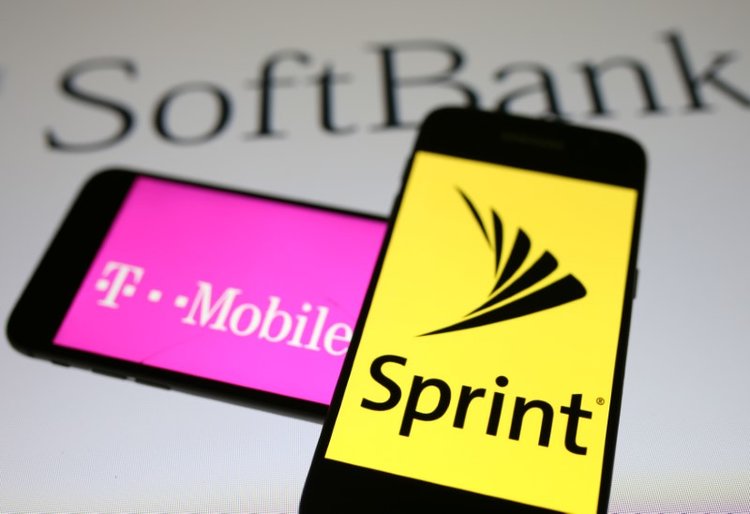The Finnish telecom equipment manufacturer Nokia has officially announced that its plant in Chennai, Southern India, has started manufacturing their 5G New Radio (NR) based on the 3GPP 5G New Radio Release 15 standard. “This is another big leap towards the ‘Make in India’ vision as our factory continues to contribute to the Indian economy and the country’s growing profile as a manufacturing and engineering hub. Nokia was the first to leverage the skills and capabilities in India and start manufacturing telecom networks equipment in the country in 2008, and develop the local supply chain for various components. We are now pioneering 5G manufacturing in the country, making India and the world ready for 5G,” commented the senior vice president and head of the India Market at Nokia, Sanjay Malik. Nokia’s factory in Chennai has maintained its position as one of largest and leading plants in the country by…
EE is the first mobile operator to launch a 5G network trial site in the UK. The BT owned telco has based its testing predominantly using Huawei network equipment, coupled with the 3.4GHz spectrum it bought at the UK communications regulator (Ofcom) auction. The aim of this trial is to evaluate the behavior and performance of 5G technology in real-life settings outside of the testing lab. The initial trial is located in the Montgomery Square area of Canary Wharf, London, where more than 150,000 people pass through on a daily basis. It might seem strange that a practical trial has been started with no commercially available 5G devices, but the end goal is to evaluate the 5G spectrum and to test devices for performance, speed and coverage in areas with traditionally high 4G mobile network usage. “This live trial is a big step forward in making the benefits…
5G will be available for trial in seven cities across the UK. Birmingham, Bristol, Cardiff, Glasgow, Liverpool, Manchester, and London were selected to run the tests on the upcoming network. Those new infrastructures will be running the new 5G at the end of 2018 between October and December. Earlier this year, Vodafone paid £378 million, to get 50Mhz of the 3.4GHz spectrum. Nick Jeffery, Vodafone’s chief executive stated, “We want to make 5G and new fibre broadband services available to consumers and business throughout the UK, delivering a Gigabit society for all. We will also be bringing ultra-fast 4G to several hundred sites in hard to reach rural areas this year, building on our position as the network that offers the best voice coverage in the UK.” Vodafone’s goal is to launch a full 5G service in the UK by 2020, when 5G devices will be available on the market.
After years of hype, we are looking forward to the impending rollout of 5G networks. This transformational technology will lay the foundation for many future services and change how we view productivity. But how will 5G affect you? Speed and responsiveness It is not yet possible to state definitively what network speeds will be reachable, but it is fair to say that the biggest benefit of 5G to the average user will be the speed of this service. Early estimates have shown that data rates could be up to a thousand times faster than 4G, potentially exceeding 10 Gbps. In practical terms, everything we currently do on the Internet would be significantly faster, and these speeds would enable users to download an entire HD film in a few seconds. Responsiveness or latency refers to the time between a request and a response. The ultra-low latency of 5G will result in response…
Sprint announced that 5G PCs will be available to buy in their stores next year. Those computers will be built around Intel’s chips. The operator won’t be the only one to offer 5G PCs as Acer and Asus also recently declared their plan to produce 5G Intel-based computers. With Microsoft, Dell, HP and Lenovo having already announced their plan to launch 5G laptops, the market will see a total of six companies battling for this new segment, until others tech companies come out with their own project. Intel has fought hard for this, as the company met difficulties competing with Qualcomm in implementing its chips in connected devices, especially in 4G PCs that are supposed to be available in stores this year with Snapdragon chips inside.
French startup “BlackBoxSecu” located on the Côte d’Azur, has made the first demo of its secure voice communication system CipherBOX (CBOX) on Orange and Free mobile networks. Commercialization might begin the coming months. As the global threat evolves, listening to voice over the Internet and mobile networks becomes easier, cheaper and more accessible to third parties, private spies and foreign special services. Developed by BlackBoxSecu, the CBOX aims to provide secure high-level voice connectivity that meets individual communication needs on mobile, laptop, tablet or landline phones. The company has been awarded by Innovation Award of Special Forces SOFINS 2017, Trophées de la Sécurité 2017 (Bronze medal) in France and has been selected by Village by Crédit Agricole. Based on a stand-alone box developed during 3 years near Nice, the Cipher BOX encrypts the audio signal directly to the source of the voice (microphone of the user’s headset) as well as…
Sprint and T-Mobile, two important mobile operators in America, have resumed discussions on a merger of their activities in the United States. In the world of telecoms, it seems that there are some things that never end. In the US, the prospect of a marriage between the mobile operators, T-Mobile and Sprint, regularly makes headlines. According to the Wall Street Journal, discussions have recently resumed between these two players, respectively number three and four of the market, behind the unstoppable tandem formed by the giants Verizon and AT&T. According to the business daily quoting sources familiar with the matter, the negotiations are “at a preliminary stage”. With all the failures of mergers that they faced in the past, we understand that the two boards are cautious … As a reminder, the two actors had once again attempted to join forces late last year. But they failed to reach an agreement, ending their…
Without a doubt, the new generation of VoIP Softphones has revolutionized the industry by allowing real-time, high-quality free calls to be carried out across devices. Furthermore, voice over Internet Protocol (VoIP) has become a vital tool for many businesses and companies. With that in mind, this is an in-depth comparison between some of the most notable VoIP softphones available today. 1. Call.Center Call.center is compatible with various operating systems, call.center is definitely one of the most multifaceted VoIP Softphones available right now. Using a single SIP line across various desktop and mobile devices, this app allows you to seamlessly take VoIP calls no matter where or when. In addition to having a variety of useful functionalities, this app aims at simplifying the configuration, management and secure deployment of your VoIP services. Due to its compatibility with various operating systems and devices, it may be somewhat difficult to install and configure.…
Telecommunication has changed significantly since Alexander Graham Bell’s created the first practical telephone model in 1876. While there have been changes in design, function, features and much more, few can argue that there are any changes bigger than the move to VoIP (Voice Over Internet Protocol) technology. This new invention has not only produced the emerging VoIP market, but it is also leading to the take over of traditional phone systems. Who is the man behind VoIP? None of this would be possible without Alon Cohen. Born in Israel in 1962, his multiple patents have both created and improved on Internet telecommunications. Let’s look into who Alon Cohen is, how he developed this technology and how it has changed the face of phones and audio communications forever. Beginnings Creating the VoIP industry was not on Alon Cohen’s mind when he first started learning about technology. In fact, it wasn’t even the…
When we talk about the future of corporate communication networks, most experts point to VoIP technology as the future. However, many companies still opt for older platforms that, although offering fewer features, can still be quite reliable. The most famous of them goes by the name of SS7. But what are the fundamental differences between VoIP and SS7? In this article, we will examine what each of these technologies does, their advantages and disadvantages, and in what situations they present themselves as the best options for the communication structure of companies around the world. SS7: An old technology, but it may still be necessary SS7 is the abbreviation for Signalling System 7: a digital network dedicated and used for initializing and controlling voice calls. Each signaling point on the SS7 network is uniquely identified by numeric point code. These are loaded in signaling messages exchanged between signaling points in order…













